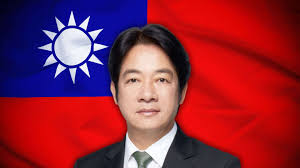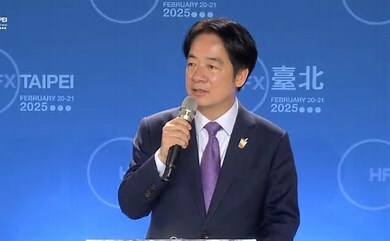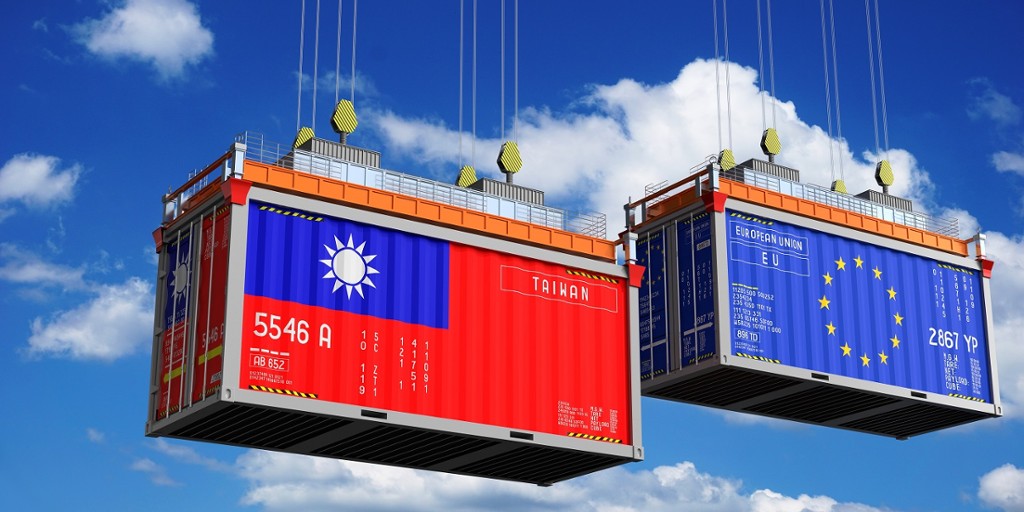Richard Sanders, Staff Writer
President William Lai (賴清德) called on all political parties in Taiwan to resolve conflicts democratically within the framework of the country’s constitutional system during his New Year’s Day address yesterday.
This marked Lai’s first address since taking office on May 20 of last year, where he highlighted various challenges, including economic and security issues. A significant focus was on the political disputes that have marked his initial seven months in power.
Lai emphasized that Taiwan’s transition from authoritarianism to democracy is vital for the nation’s future.
In his New Year’s Address at the Presidential Office in Taipei, Lai gestured towards an image of himself, underscoring the importance of “Taiwan.” He stated, “Regardless of the threats and challenges we face, democracy remains Taiwan’s sole path forward. Our only option is to progress without looking back.”
While acknowledging that political competition is a feature of democracy, he insisted that domestic political disagreements should be settled through democratic means within the constitutional framework.
Lai also noted that both the government and the public have the right to challenge legislative actions. According to the Constitution, the Executive Yuan can either request the legislature to reconsider a law or bring it before the Constitutional Court after it has been enacted.
He pointed out that citizens possess rights such as voting, recalling officials, initiating legislation, and holding referendums, which empower them and affirm that political legitimacy originates from the people.
Lai’s statements come as his ruling Democratic Progressive Party (DPP) engages in a legislative struggle against the Chinese Nationalist Party (KMT) and the Taiwan People’s Party (TPP), who together hold the majority.
The TPP has joined forces with the KMT on several contentious bills opposed by the DPP, including three recently passed measures that the Cabinet plans to challenge.
These bills, which led to clashes in the legislature, aim to tighten recall petition processes, limit the Constitutional Court’s jurisdiction, and modify central government funding allocations.
Premier Cho Jung-tai (卓榮泰) announced that the Cabinet would respond to these bills, deeming them “difficult to implement.”
Later, during a press conference after his address, Lai was asked if he would invite leaders of opposition parties for a “reconciliation coffee.” He expressed intentions to meet with KMT Legislative Speaker Han Kuo-yu (韓國瑜) before Han’s upcoming trip to the inauguration of US president-elect Donald Trump.
In his speech, Lai reiterated his government’s commitment to enhancing Taiwan’s economic resilience and its role in global supply chains. He highlighted the importance of leveraging Taiwan’s expertise in semiconductors and artificial intelligence to strengthen what he called the “democratic” supply chain.
Taiwan aims to foster international cooperation in various sectors, including defense, biotechnology, pharmaceuticals, and green technology, by emphasizing collaboration in areas such as drones, low Earth orbit satellites, and robotics.
Lai urged Taiwanese people to unite despite political differences so that government policies can effectively benefit the nation and guide Taiwan toward a prosperous future.



